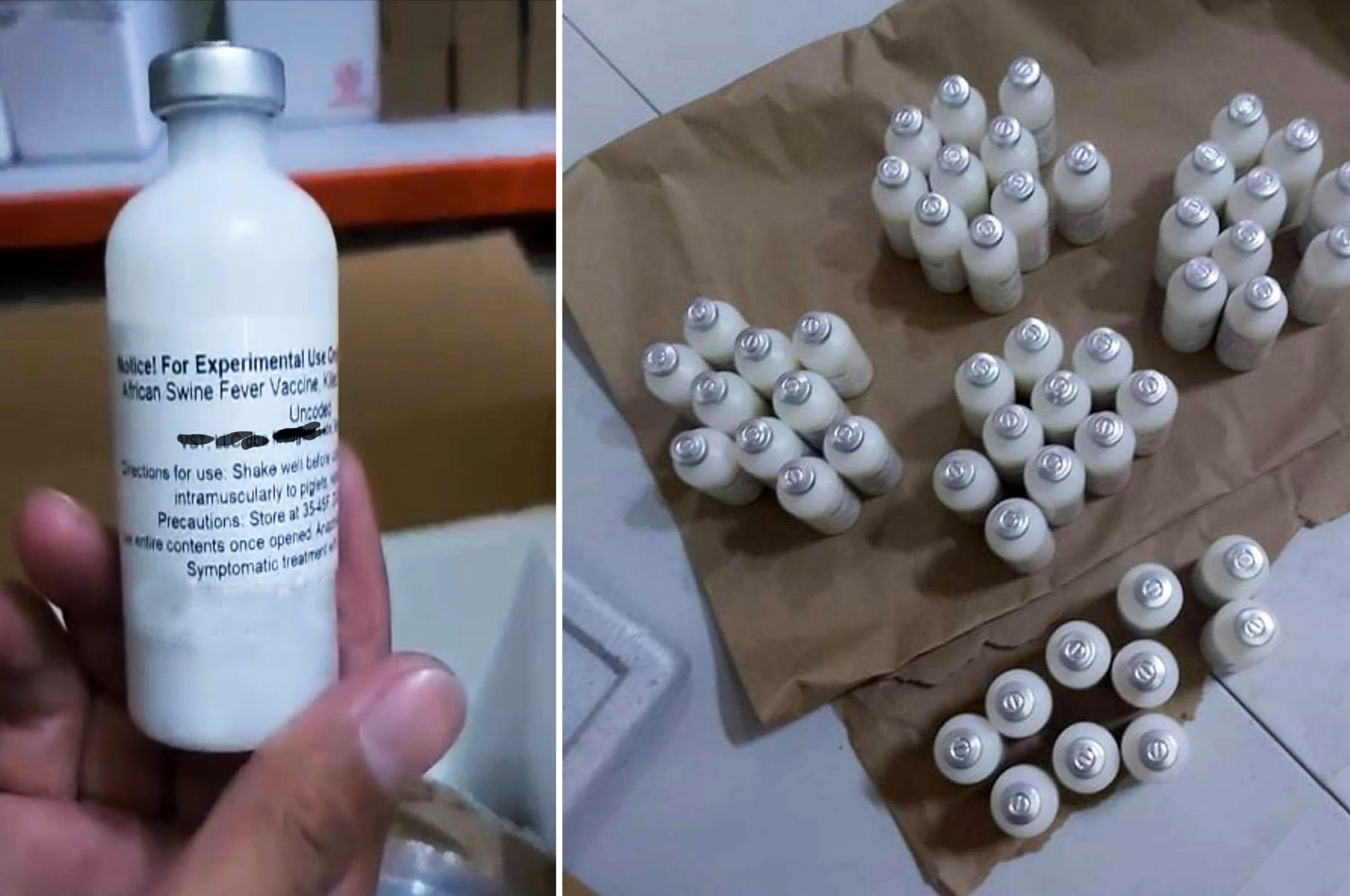
The Department of Agriculture through the Bureau of Animal Industry (DA-BAI) — in collaboration with a US vaccine company, and Zoetiz, a global animal health company — has started initial vaccine trials in areas previously affected by the dreaded African Swine Fever (ASF).
Agriculture Secretary William Dar said the ASF vaccine trials started on April 23, 2021, with 10 commercial swine farms participating.
“The vaccine trials complement our ongoing ‘Bantay ASF sa Barangay’ program. We consider it as the proverbial ‘light at the end of the tunnel’ that would free us from this dark episode that adversely affected our swine industry, and pork supply and prices,” Secretary Dar said.
“Once proven effective, the ASF vaccine will serve as a potent tool, complementing our joint efforts with the LGUs, private sector, and hog raisers to effectively control, contain and manage the spread of the ASF, thus paving way for the industry’s faster recovery,” the DA chief added.
The ASF vaccine trials will be conducted and monitored by the DA-BAI personnel and veterinarians for 84 days, in line with the current protocols set by the government technical working group, the vaccine manufacturer and Zoetis Philippines, Inc.
Zoetis is the major collaborator of the experimental new vaccine for ASF, which has prevented the virus from killing pigs in an early trial in other countries.
“We are now coordinating with the provincial veterinarians on the conduct of the vaccine trials to ensure successful implementation. Likewise, our BAI veterinarians have already undergone orientation and are ready for deployment,” Secretary Dar said.
“The trials in the respective farms will depend on the agreement by the concerned parties, the availability of trial animals, schedule of the farm and BAI veterinarian and Zoetis representatives,” he added.
The DA chief is hopeful that the vaccine trials yield positive results to put an end to the disease that crippled the country’s hog industry, causing loss of livelihood and incomes to backyard and commercial raisers, substantially reducing hog population and supply, and pushing pork prices to unprecedented levels, to the detriment of consumers. ### (DA StratComms)













